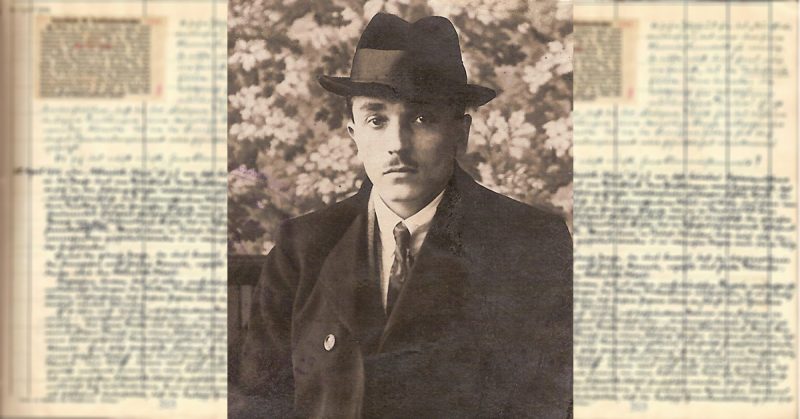Friedrich Kellner was a bureaucrat in Germany during WWII. He kept a secret diary in which he wrote about his feelings towards the war and Adolf Hitler’s leadership. It is a revealing look proving how much the average German knew about the atrocities occurring under Nazi rule.
The 200,000-word journal includes an entry on December 7, 1942: “Adolf Hitler… is Satan and the devil in one person.”
In October of 1941, he wrote an entry in which he describes German soldiers returning from the front lines. He records that they committed “inhuman atrocities” including lining Jewish people up in front of a deep ditch and ordering Ukrainians to shoot them in the back of their heads. The ditch was then filled with earth as screams emanated from it.
Robert Kellner, the grandson of Freidrich and an American veteran, states the fact that his grandfather knew about such occurrences proves the average German citizen knew about them. He said it is no longer possible to argue that the Nazi atrocities were occurring in secret.
In 1960, Robert first learned of the diary when he went to Germany and visited his grandfather. He had expected to encounter a Nazi as his father had been but instead found a man who was deeply opposed to the ideas and actions of the Third Reich.
Not long after Robert’s arrival, Friedrich reached into a cabinet in his drawing room and retrieved the journal.
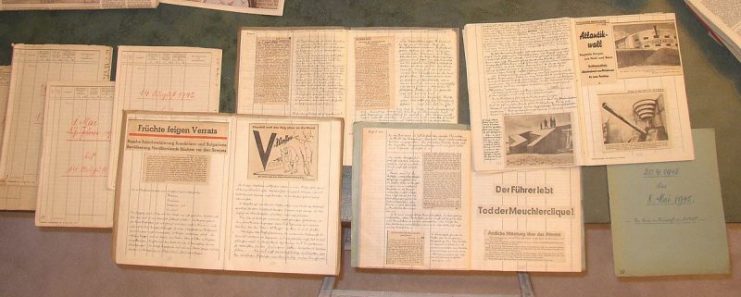
Friedrich was born in 1885. He worked for the Social Democrats in the town of Mainz while the Weimar Republic ruled Germany. The Social Democrats were the upholders of democracy at the time. When the Nazis took control of the government in 1933, Friedrich obtained a job as an administrator in a courthouse in Laubach – located in central Germany. He had moved to the small town to avoid being persecuted for his views.
Laubach was a region staunchly supportive of Hitler’s Nazi Party, a fact which colored Friedrich’s view of his fellow citizens as he felt they were all sheep-like followers or fools. If Friedrich had moved to another region, for instance, the industrial Ruhr area, he would have been surrounded by ex-communists and other Social Democrats, giving him a broader view of the opinions of his fellow countrymen.
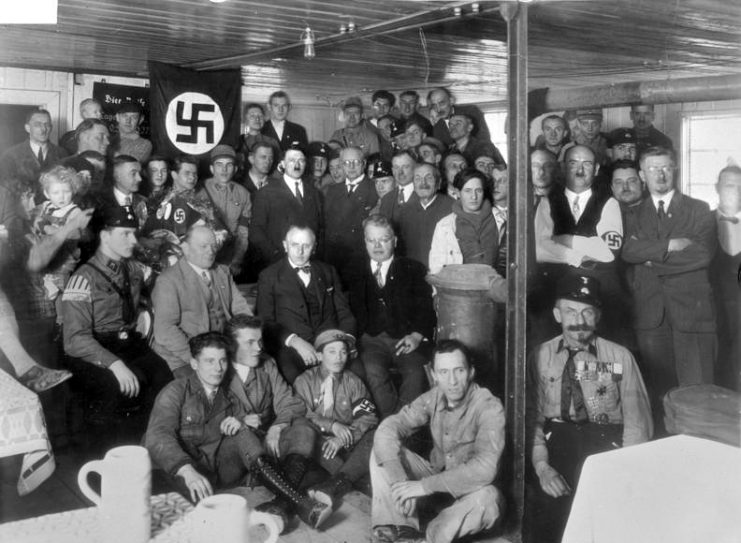
He was aware of the need to be extremely careful about criticizing the Nazis and kept his views confidentially in his diary. Although he could not freely voice his opinions and had virtually no opportunity to oppose the Regime, he did what little he could. He tried to talk colleagues out of joining the Nazi Party; he passed out leaflets dropped from Allied planes, and he told select colleagues about what he had heard on BBC radio.
In the diary, Friedrich included 18 crimes the Third Reich was guilty of. They included the “persecution and elimination of the Jews,” corruption, suppression of free speech, and disrespect for the religious convictions of its citizens.
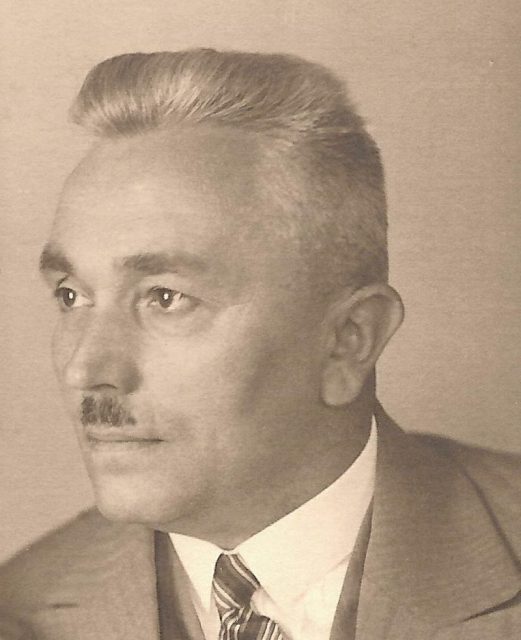
The diary has been published as a book entitled, “My Opposition.” It was released in Germany last year and has just been released in Britain.
It took more than a decade for German publishers to work through their country’s strict laws concerning libel and the public desire not to “point fingers.” The book was published after former US President George H W Bush stepped in to have it placed on display after recognizing its significance.
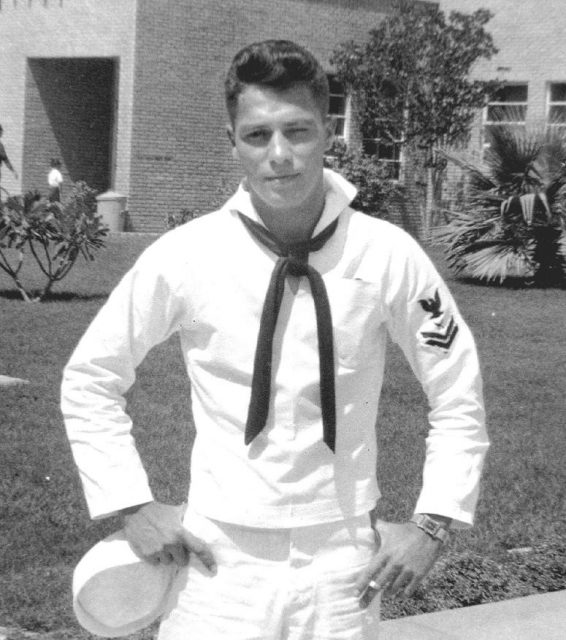
Robert was determined to have the journal published and end the myth that the ordinary German citizen was not aware of the crimes being committed by the Third Reich.
Robert Kellner said his grandfather wrote the diary so future generations would know the truth.
